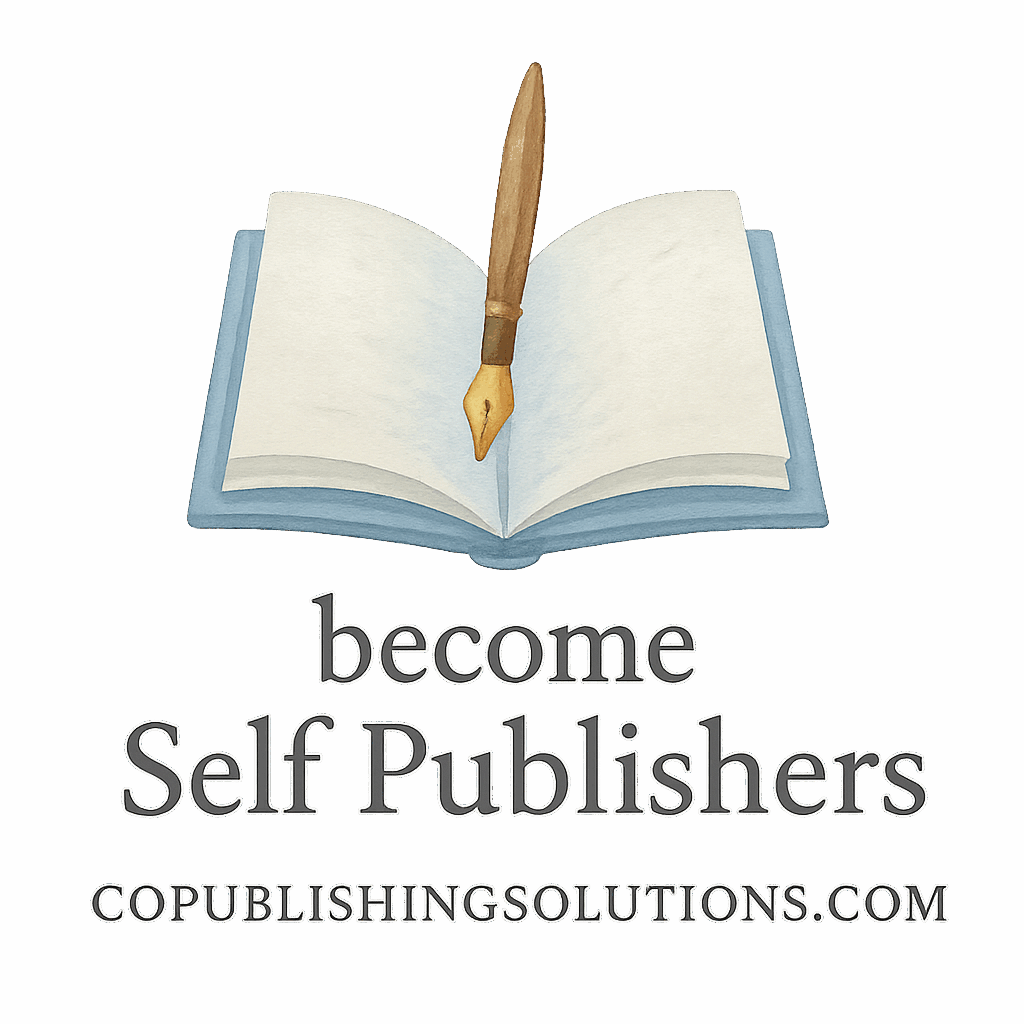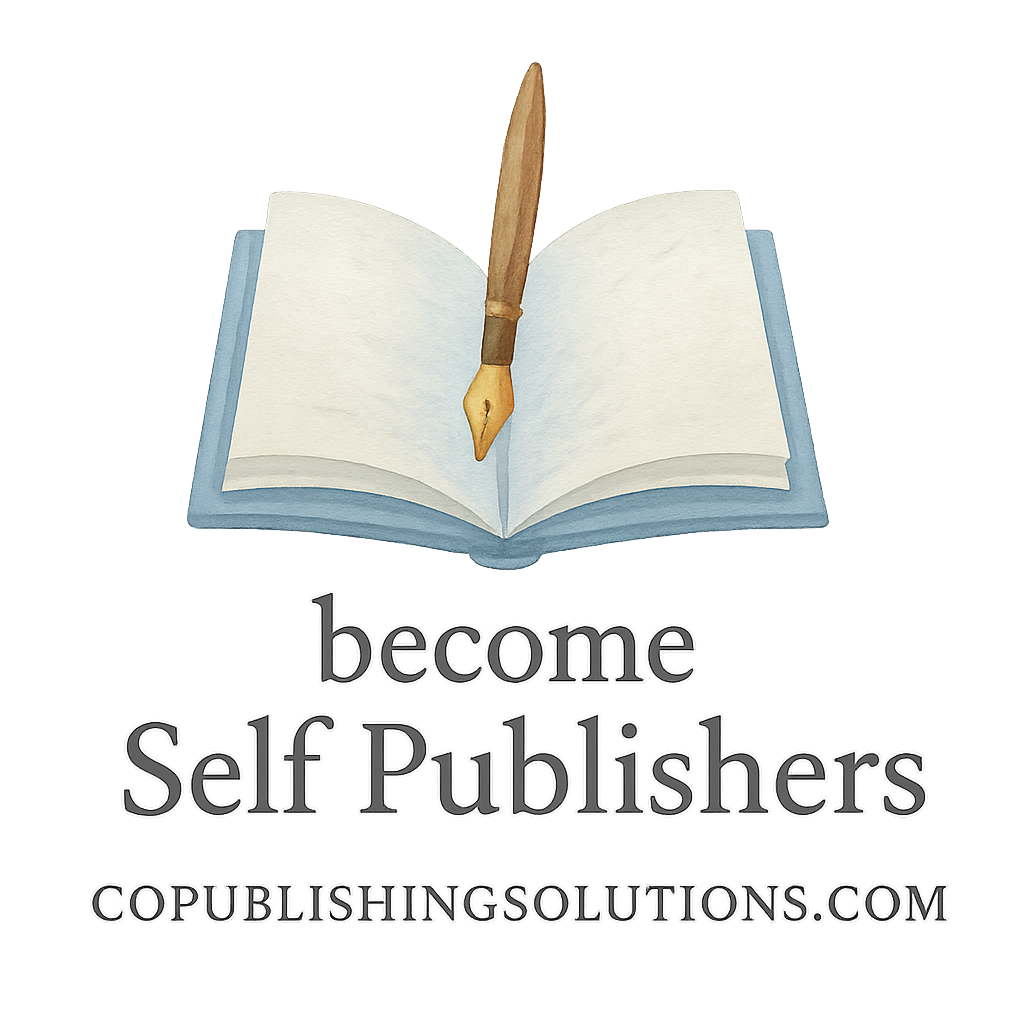Why Blogging Matters for Your Publishing Brand Blogging is more than just a content machine—it’s your publishing brand’s digital handshake. It introduces your voice, builds trust, educates your audience, and ultimately drives sales. Whether you’re a self-published author, an indie publisher, or a creative entrepreneur, consistent blogging helps establish your expertise and connects you with readers who care.
If you’re aiming to grow your brand, generate passive income, or simply get your stories out into the world, blogging needs to be part of your content strategy. Want to dig deeper? Check out our Publishing Content Strategy guide.
Tip #1: Define Your Target Audience Clearly
Understand Their Pain Points and Desires Before you write anything, you need to know who you’re writing for. Are you targeting beginner self-publishers? Authors interested in book design? Aspiring entrepreneurs looking to monetize their writing?
Start by mapping out common questions, challenges, and desires your readers might have. For instance, are they struggling with formatting or unsure how to increase book sales? Use those pain points to fuel your content.
Create Personas for Better Targeting Creating detailed audience personas—like “first-time author Emma” or “indie publisher Mark”—helps you write more relatable content. You’ll know what tone to use, which examples to share, and what solutions to offer.
Tip #2: Establish a Consistent Blogging Schedule
Why Consistency Builds Trust Blogging sporadically can harm your credibility. Your readers—and Google—love consistency. Whether you post weekly or bi-weekly, stick to a rhythm. It shows professionalism and builds anticipation.
Tools to Help You Stay on Track Use tools like Trello, Notion, or a simple content calendar to plan ahead. Schedule ideas, deadlines, and drafts so you never miss a beat.
Tip #3: Optimize Every Post for SEO
Use Focus Keywords and Semantic Keywords Focus on one main keyword per post—in this case, “blogging tips to boost your publishing brand”—and sprinkle in related terms like “publishing,” “self-publishing,” “book sales,” and “content strategy.”
Craft Engaging Meta Descriptions Your meta description is your blog’s elevator pitch. Make it punchy, relevant, and keyword-rich so it invites clicks.
Tip #4: Craft Catchy Headlines That Get Clicks
Use Emotion and Power Words A headline like “10 Blogging Tips to Boost Your Publishing Brand” is clear and exciting. Use words like “ultimate,” “simple,” or “powerful” to amp up the appeal.
Test Headlines with A/B Tools Try tools like CoSchedule Headline Analyzer or A/B test titles to see what resonates most with your readers.

Tip #5: Deliver Valuable, Actionable Content
Teach, Don’t Preach Nobody likes fluff. Your blog should give readers something they can do right away. Whether it’s a step-by-step guide on self-publishing or marketing tips for authors, make sure your advice is practical.
Use Storytelling to Drive Points Home Storytelling helps abstract advice land. Share case studies, your own journey, or relatable scenarios to drive engagement.
Tip #6: Use Internal Linking Strategically
Connect to High-Value Pages Internal links not only help SEO but also guide users toward more valuable content. For example, if you’re writing about monetization, link to our Marketing & Monetization resource.
Encourage Deeper Site Navigation You want people to stick around. Link to helpful pages like:
Tip #7: Leverage Visuals and Multimedia
Add Infographics, Videos, and Custom Images Break up text and explain complex ideas through visuals. Canva and Lumen5 are great tools for creating these assets.
Improve Dwell Time with Rich Content The more engaging your content, the longer people stay. And guess what? Google notices that.
Tip #8: Promote Your Blog Through Multiple Channels
Social Media, Email Marketing, and Collaborations Don’t just hit “publish” and hope for the best. Share your post across social media, include it in newsletters, and collaborate with other bloggers.
Guest Blogging for Brand Exposure Write for established blogs in your niche. This boosts visibility and positions you as an expert.
Tip #9: Engage With Your Readers Actively
Respond to Comments and Feedback This builds community. Even a simple “thanks for reading!” can encourage more interaction.
Run Polls, Surveys, and Calls to Action Ask questions at the end of your posts, encourage shares, or even invite readers to co-author guest posts. Learn more about collaboration and co-authoring.
Tip #10: Analyze and Improve Your Content Strategy
Use Analytics to Guide Decisions Track what posts are getting views, shares, and comments. Google Analytics and tools like Hotjar can reveal what’s working—and what’s not.
Update Old Content for Better Performance Revise outdated stats, fix broken links, and refresh formatting. It’s a great way to keep traffic coming in without reinventing the wheel.
Conclusion
Blogging isn’t a side hobby—it’s a powerful engine to boost your publishing brand. From better SEO to deeper reader engagement, these 10 blogging tips can transform your strategy and results. Whether you’re a beginner or seasoned pro, apply them consistently and watch your brand grow.
Explore more resources tailored to authors, books, layout, and tools.
FAQs
1. How often should I blog to grow my publishing brand?
Ideally once a week. But consistency matters more than frequency.
2. What should I write about as a publishing brand?
Focus on your audience’s needs—topics like formatting, marketing, book sales, layout, and publishing.
3. How can I monetize my blog as an author or publisher?
Use affiliate links, offer courses, or direct readers to monetization tools.
4. What tools help streamline blogging for publishers?
Check out Publishing Tools & Platforms for suggestions.
5. Can blogging really increase book sales?
Absolutely. Blogs build trust, drive traffic, and convert readers into buyers. See Book Sales.
6. What’s a good format for a blog post?
Intro, body with tips or story, and a call to action. Use subheadings and internal links for readability.
7. Where do I start if I’m a beginner?
Visit our Beginner’s Guide to self-publishing and blogging success.
Happy blogging—and remember, your voice deserves to be heard!


